UN ambassadors meet Koštunica
A UN fact-finding mission has arrived in Belgrade for meetings with top Serbian officials.
Thursday, 26.04.2007.
09:48

UN ambassadors meet Koštunica
The UN Securty Council ambassadors have first met with prime minister Vojislav Koštunica, who, according to his adviser Slobodan Samardžić, told the mission about “the real state of affairs” in the province and about Serbia’s position in the negotiations, where Belgrade demonstrated “a constructive approach, submitting a substantial autonomy proposal that was not sufficiently taken into account”.Koštunica also presented the ambassadors with convincing evidence that UN resolution 1244 was not implemented in Kosovo, Samardžić said.
Koštunica also gave the mission members a number of documents related to the hardships of those Kosovo Serbs who wish to return to their homes in the province.
South Africa's UN ambassador Dumisani Kumalo asked Koštunica about “the third way”, i.e., what Serbia proposed as an alternative to the possibilities brought up so far, the status quo and internationally supervised independence.
Tanjug has quoted Samardžić and Vladeta Janković, also a Koštunca aide, as saying that Kumalo said that, after hearing Koštunica’s and president Tadić’s arguments, he “no longer views the issue as a straight choice between independence or not”.
"Until now an opinion prevailed that there were just two solutions," Kumalo said, citing Serb insistence on sovereignty versus a plan by UN envoy Martti Ahtisaari giving virtual independence to Kosovo, Reuters reports.
"Now, after what you told us and explained, we see things differently," he said, according to the advisers.
Kumalo did not speak to reporters. In South Africa, foreign ministry spokesman Ronnie Mamoepa told Reuters his country was formulating its views on Kosovo.
"Negotiations are still in process. We are in a process of consultation," he said.
Koštunica also spoke about the position of the remaining Serb population in Kosovo, facing kidnappings, murder, limited freedom of movement, destruction of property, churches and the Serb spiritual heritage.
According to Samardžić, the mission does not plan to visit administrative border between Serbia proper and Kosovo, where thousands of internally displaced Serbs protest today, although the ambassadors were asked to do so.
Another Koštunica adviser, Aleksandar Simić, told journalists that the UK ambassador said at the meeting Resolution 1244 was seen as a document giving UNMIK a mandate to create interim institutions and provide conditions for the talks on the province’s status, rather than determine that status.
Koštunica said he disagreed with this interpretation, but added that even in case it was correct, the Securty Council would still be obligated to act in accordance with the UN Charter.
The British ambassador then continued to say that NATO secretary-general Jaap de Hoop Scheffer told the mission that the supervised autonomy proposed by Serbia would require deployment of more troops than the Alliance was able to assign to the mission.
Koštunica said that NATO’s condition for ending the 1999 bombing was the withdrawal of Serbian forces from Kosovo and that NATO was under obligation to guarantee peace and stability there, as well as that the issue of the number of troops could not determine Kosovo’s future status.
Simić also said the U.S. ambassador wondered what Serbia might decide to do should the UN Security Council adopt the basic elements of the Ahtisaari plan.
According to Simić, Koštunica replied that this hypothetical question was “highly improbable”, as well as that it will be “impossible” for the UN Security Council to pass a resolution in contravention with the UN Charter.
The ambassadors also asked about the way Belgrade envisaged life with Albanians given the history of animosity and conflict between the two nations.
Koštunica mentioned the Albanian minority in the south of Serbia, living in Preševo, Bujanovac and Medveđa, as an example that Serbs and Albanians can live together.
The ambassadors were also told that some 10,000 ethnic Albanians live in Belgrade, proof, according to the Serb officials, that there is trust in the wider layers of society.
Ahead of its arrival in Belgrade, the UN mission met with EU and NATO representatives in Brussels Wednesday.
UNMIK, Kosovo's government and the Priština negotiating team drew up reports on the current state of affairs in the province, including the implementation of standards, and conditions in a bid to prove that Kosovo is "ready for independence.”
In his latest address to the press, UNMIK chief Joachim Ruecker said that his reports contained an overview of achievements made in Kosovo, as well as certain disappointments UNMIK saw during its presence there.
Discussing achievements, he cited Kosovo’s political system which had been built from scratch, elections that were held four times to date and the establishment of the rule of law.
Ruecker said that one of the largest disappointments was the refusal of Kosovo Serbs to take part in Kosovo’s institutions and thus take advantage of active participation in political life.
Polt: Kosovo independent by summer
U.S. Ambassador to Serbia Michael Polt said that the UN mission would assess the situation in Kosovo, but stressed that, in his opinion, "the UN Security Council will grant supervised independence to Kosovo by the beginning of summer 2007."Polt added that the UN delegation will evaluate the degree of respect for human rights, but underscored that the mission’s report “would only contribute to the drafting of the new resolution, and not be the basis for fresh talks.”
“This is not the start on new negotiations, since we do not back that option. We will make joint efforts in the Contact Group and the UN Security Council regarding the new resolution and its successful adoption,” Polt asserted.
“We thus expect that the resolution which will give Kosovo supervised independence will be pass by the beginning of the summer,” he maintained.






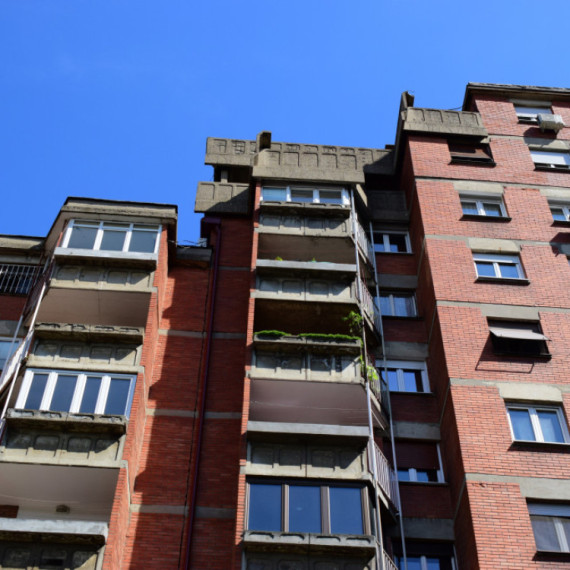



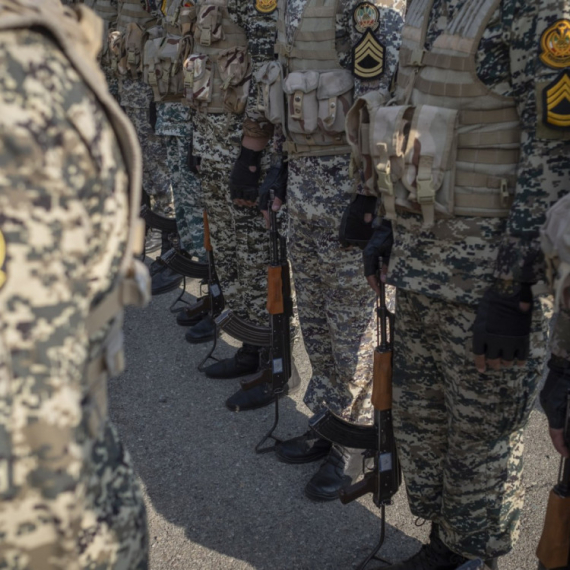
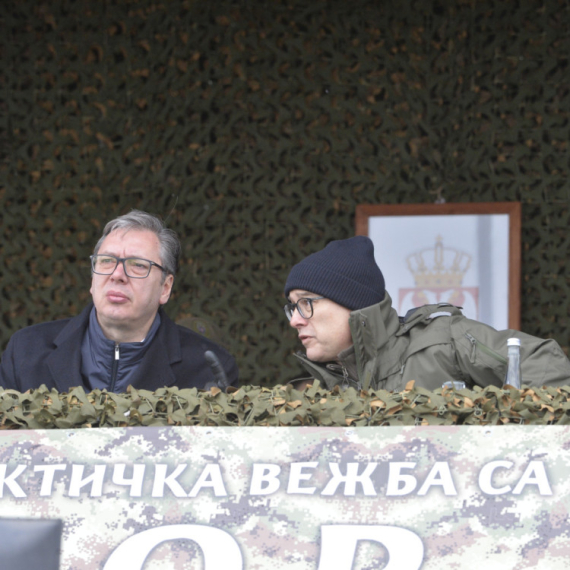

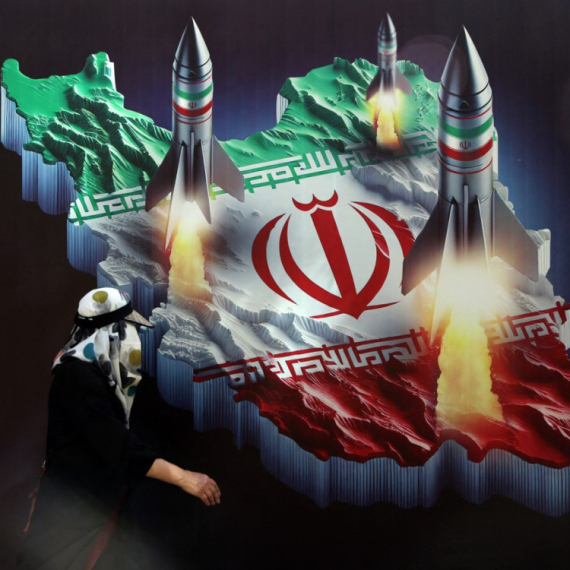

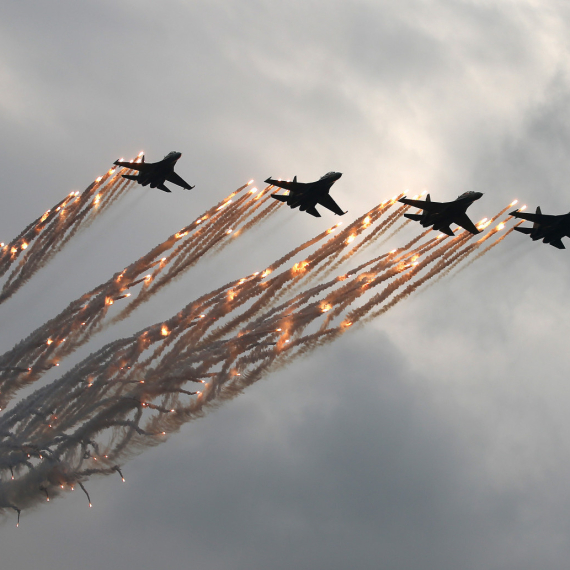



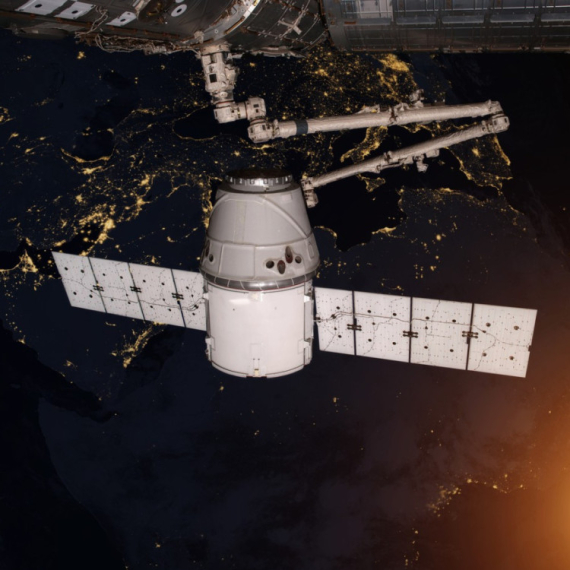





















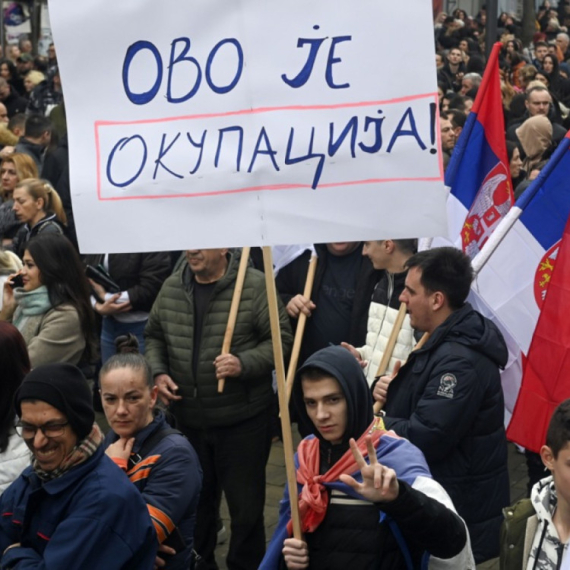








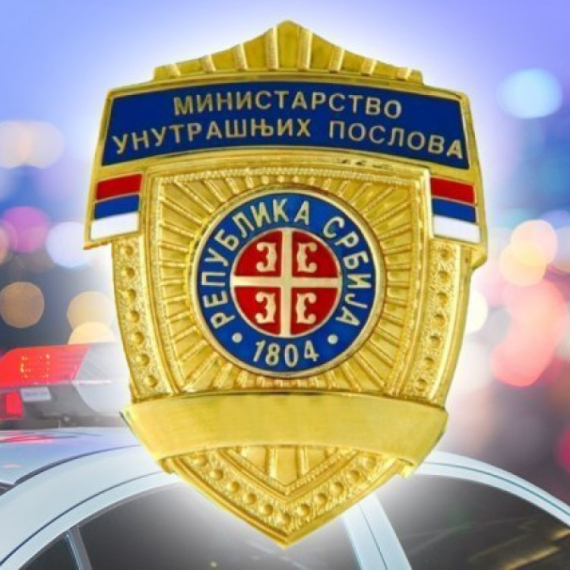



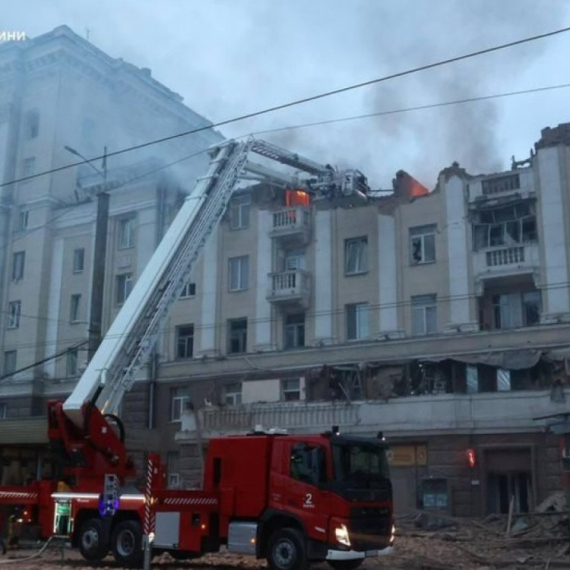
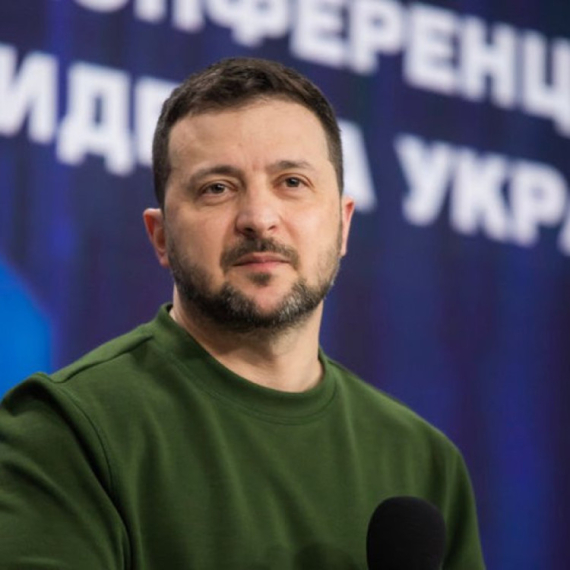
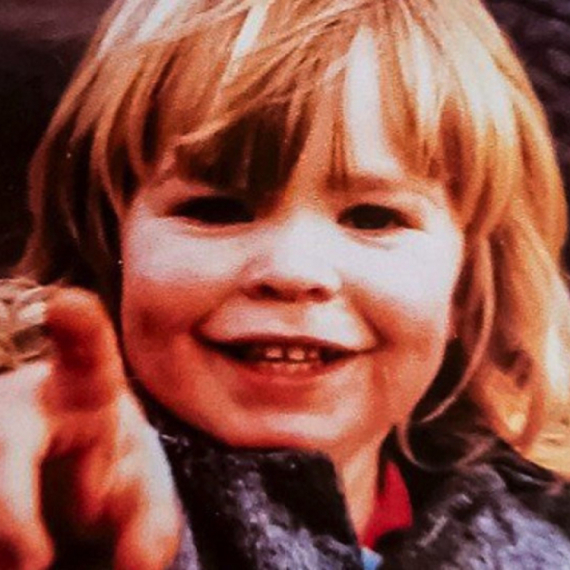

Komentari 11
Pogledaj komentare